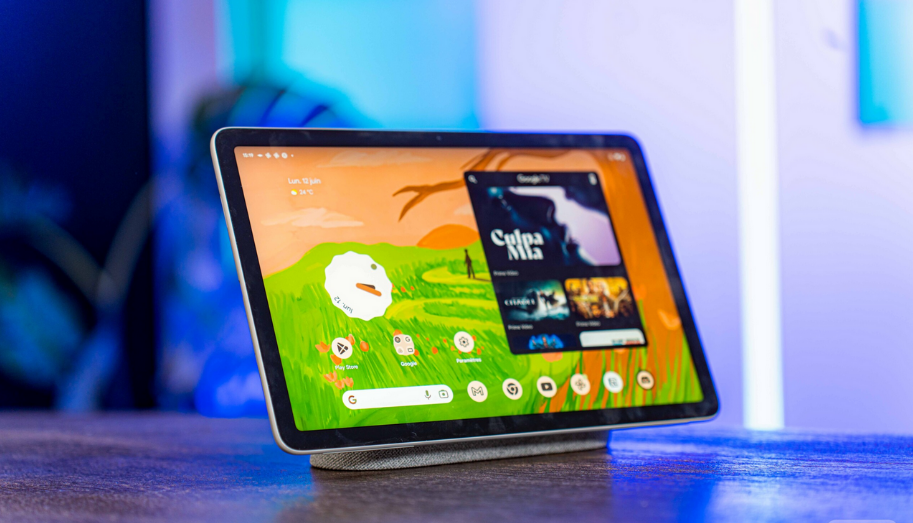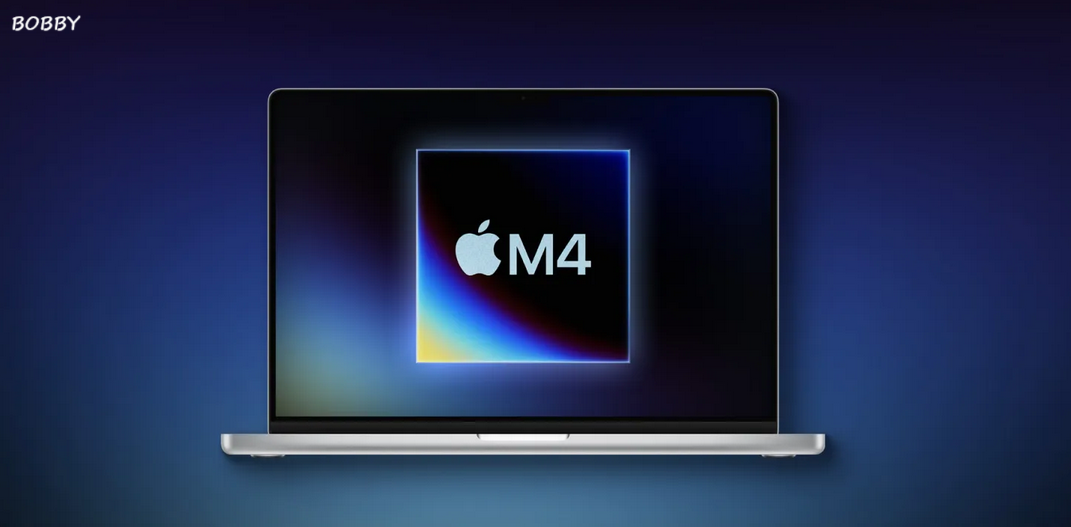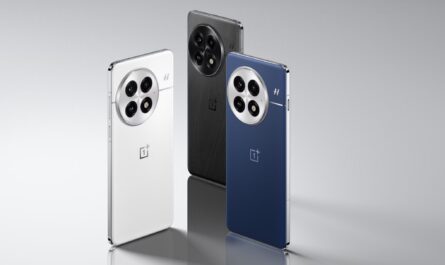Google has reportedly discontinued plans for the Pixel Tablet 2, raising questions about the tech giant’s approach to the tablet market. According to sources cited by Android Authority, the next-generation Pixel Tablet, code-named Kiyomi, was scrapped over concerns that it would not turn a profit.
While Google has not officially commented on the report, industry insiders suggest that low expected sales and stiff competition in the tablet space were key factors influencing the decision.
What the Pixel Tablet 2 Could Have Been
The Pixel Tablet 2 was expected to serve as the large-screen counterpart to the Pixel 9 series. Rumors indicated it would feature the Tensor G4 chip and come in both 5G and Wi-Fi variants. There were even whispers of a keyboard and trackpad accessory, positioning the device as a possible competitor to the iPad Air and iPad Pro.
Despite these promising specs, sources hint that Google may still explore a 2027 model equipped with the Tensor G6 chip, keeping the door open for future tablet innovation.
Google’s Return to Tablets
Google has a checkered history with tablets. The Pixel Slate, launched in 2018 with Chrome OS, was widely considered a commercial failure. However, Google returned to the tablet market in June 2023 with the original Pixel Tablet, aiming to blend Android tablet functionality with smart home capabilities.
The Pixel Tablet was marketed as a hybrid device. When paired with its speaker dock, it could function as a smart display, appealing to users who wanted a multi-purpose home gadget. For Android enthusiasts seeking a “pure” tablet experience without Samsung’s heavy customizations, the Pixel Tablet offered a rare alternative.
Challenges in the Tablet Market
Despite its innovative approach, the Pixel Tablet struggled to compete with rivals. The initial price of $499, which included the dock, made it more expensive than similarly sized devices like the Galaxy Tab S9 and the 10th-generation iPad. Additionally, the Tensor G2 chip was considered underpowered relative to competitors, prompting Google to eventually reduce the price to $399 without the dock.
These challenges illustrate the difficulty of entering the well-established tablet market. According to IDC, in Q3 2024, Apple led global tablet shipments with 31.7%, followed by Samsung at 17.9%, and Amazon at 11.6%. Breaking into the top tier of the market is extremely challenging, even for a company with Google’s resources.
Pixel Tablet 2 Cancellation: What It Means
If the reports are accurate, the cancellation of the Pixel Tablet 2 may not come as a major surprise. The tablet market has long been dominated by Apple, Samsung, and Amazon, leaving limited room for new entrants. Despite the success of the Pixel 9 series, strong smartphone sales do not necessarily guarantee success in the tablet segment.
For Android users, the discontinuation could mean fewer options for major-brand tablets in the near future. Consumers who hoped for a premium Google tablet experience may need to consider alternatives, such as Samsung Galaxy Tabs, Amazon Fire tablets, or even Apple’s iPad line.
Alternative Options for Google Fans
While the Pixel Tablet 2 appears to be off the table, Google may continue to innovate through other devices. One option is the Pixel 9 Pro Fold, which combines smartphone and tablet functionality into a single high-end gadget. For users looking for both portability and screen real estate, the foldable device may become an attractive alternative to a traditional tablet.
Google’s decision to focus on other hardware forms could also allow the company to leverage its successful Pixel phone lineup while avoiding the financial risks of entering a highly competitive tablet market.
The Future of Google Tablets
Although the Pixel Tablet 2 may be canceled, Google’s exit from the tablet space is not necessarily permanent. Industry insiders suggest that future models, potentially with Tensor G6 chips, could still be developed, allowing Google to re-enter the market under more favorable conditions.
For now, the Pixel Tablet line remains limited, and users seeking a “pure” Android tablet experience may need to explore third-party options. However, with continued innovation in foldable devices and hybrid gadgets, Google may still find a way to redefine its presence in the tablet segment.
Conclusion
Google’s reported cancellation of the Pixel Tablet 2 underscores the difficulties of competing in the global tablet market, dominated by Apple, Samsung, and Amazon. While the Pixel Tablet offered unique smart home and Android experiences, pricing challenges, performance limitations, and a saturated market likely influenced the decision.
For consumers, fewer Pixel-branded tablet options may be available in the near term. However, Google’s focus on foldables like the Pixel 9 Pro Fold and potential future models with more advanced Tensor chips suggest the company has not abandoned the idea of Android tablets entirely.




